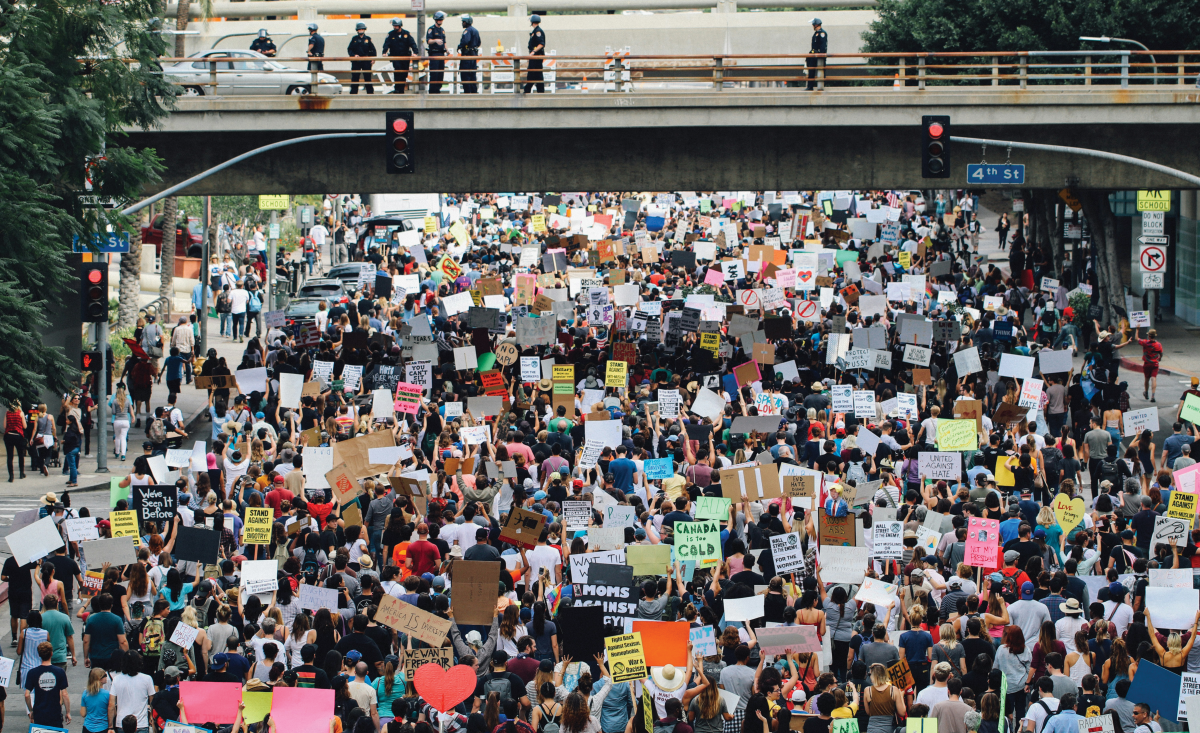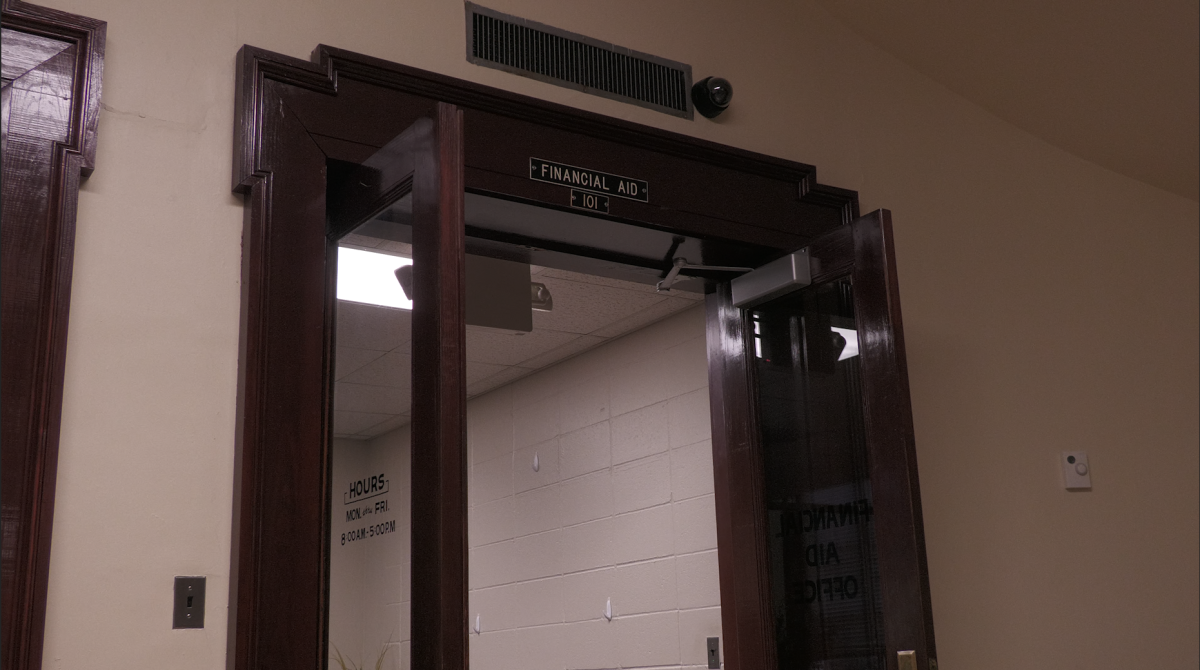The first words out of one of my friend’s mouth when I told him that a high school girl had been suspended because she sat through the Pledge of Allegiance was, “Wait, is that even legal?” The answer is no.
Texas high school senior India Landry was suspended when the principal saw that she refused to stand during the Pledge of Allegiance, an act of protest that she told the local news station KHOU she had been doing for the past 200 school days. According to the Washington Post, her high school normally requires students to stand during the pledge even if they don’t recite it, but for the past few months, her “silent revolt” had not been a problem. This was until Oct. 2 when the Houston Chronicle says she was called to the principal’s office for having her phone out during class, and the principal saw her sitting throughout the pledge. School officials reportedly told her, “This isn’t the NFL,” and threatened to have police escort her out of the school if her mom didn’t take her home. The Washington Post also says that the assistant principal told Landry that “she was going to stand for the pledge like the other African-Americans in her class,” assuming that she was protesting just because of her race and not recognizing the reason behind the protest.
A Supreme Court case in 1943 ruled that a public school student has the right not to salute the American flag or say the Pledge of Allegiance if it interferes with that student’s religious beliefs. Another case in 1969 ruled that students have the right to peacefully protest during public school hours. The First Amendment, in its entirety, says: “Congress shall make no law respecting an establishment of religion, or prohibiting the free exercise thereof; or abridging the freedom of speech, or of the press; or the right of the people peaceably to assemble, and to petition the Government for a redress of grievances.” I guess before these cases, students weren’t considered “people of the United States” as the Preamble of the Constitution says, and therefore, students had no First Amendment rights at school, even though public school is funded by government.
Based on these cases, Landry absolutely has the right to sit during the Pledge of Allegiance. Even though her case is not affiliated with religious needs, she is exercising her right to peacefully protest, no matter the form. Landry was not disrupting the class. She was not yelling obscenities or violently acting out during the Pledge. She was sitting. She was quiet. She was peaceful. She did nothing wrong.
Those with authority need to refer back to the First Amendment and stop thinking that they can force allegiance on people. If you want people to “respect” your nation’s flag, start making your nation something to respect.





































